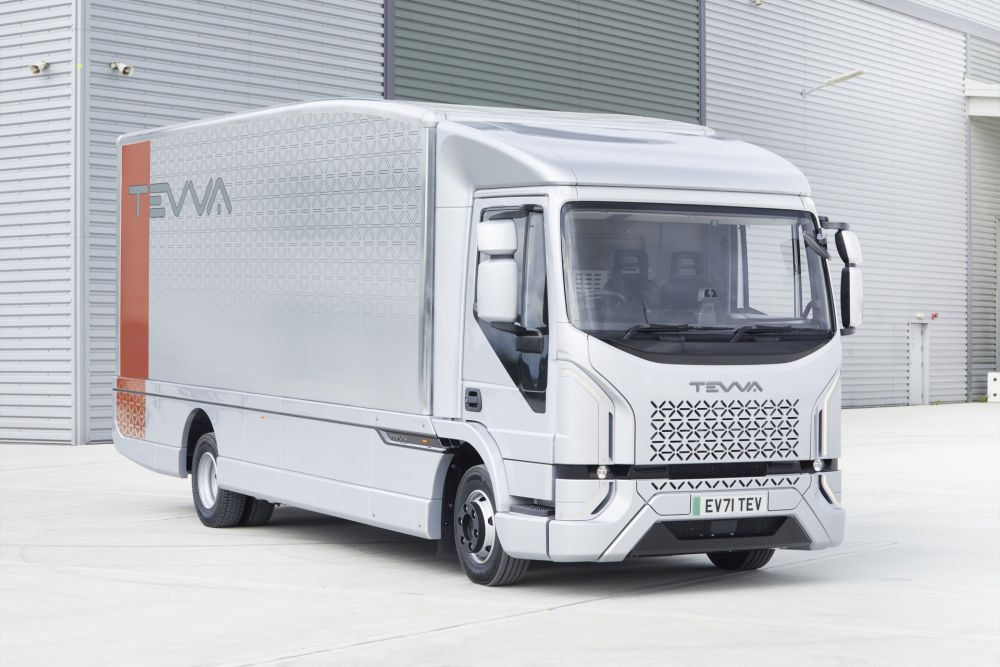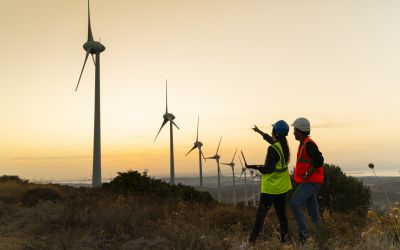Tevva unveils first British electric truck designed for mass production in the UK
The zero-emission vehicle is intended for mass production across the UK with the first deliveries from Q3 2022.

The zero-emission vehicle is intended for mass production across the UK with the first deliveries from Q3 2022.
The Tevva Truck aims to address the need to electrify the industry and will help meet the 2050 target of net zero emissions.
The global electric truck market is currently valued at $1.15 billion and is expected to grow to $14.19 billion by 2027.
Tevva is committed to the continual development of battery electric vehicles (BEVs), helping to put Britain at the forefront of the design and manufacturing of zero emissions commercial vehicles.
The BEV offers a 160-mile range, which can increase to 310 miles with its patented range extender technology (REX) through the use of hydrogen fuel cells.
Manufacturing will take place in the 11,000 m sq London Thames Freeport area, offering close proximity to central London and Europe.
The facility will manufacture 3,000 trucks per annum by 2023 and will create an additional 1,000 skilled jobs within the next year.
Asher Bennett, Founder and CEO of Tevva, said: “Technology is transforming the commercial vehicle sector at pace, making it safer, greener, and entirely more efficient. But meaningful change is a gradual process, it must happen one step at a time, even if those changes are needed in fast succession.”
“The Tevva Truck provides a natural transition into electrification for fleet managers, providing total peace of mind and a compelling total cost of ownership proposition, with no compromise on range and reliability and minimised compromise on payload.”
Tevva are already trying to enhance the trucks charging capabilities to be fully charged within one hour, which will facilitate double shift operations and reduce the total cost of ownership.
The innovative truck will improve urban air quality and is expected to reduce global CO2 emissions by 10 million tonnes by the end of 2030, equivalent to removing 1 million cars off the road.
Find out more here.






